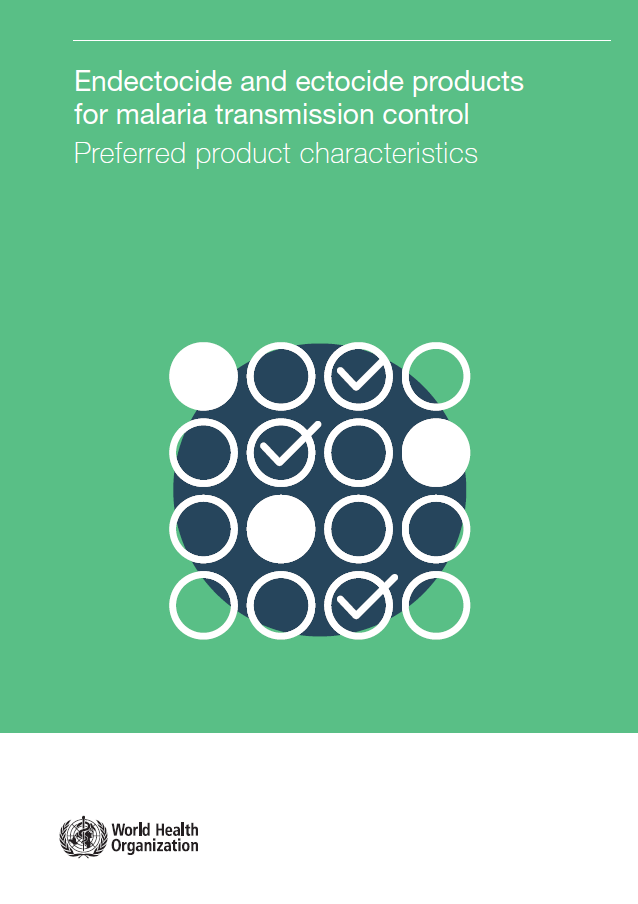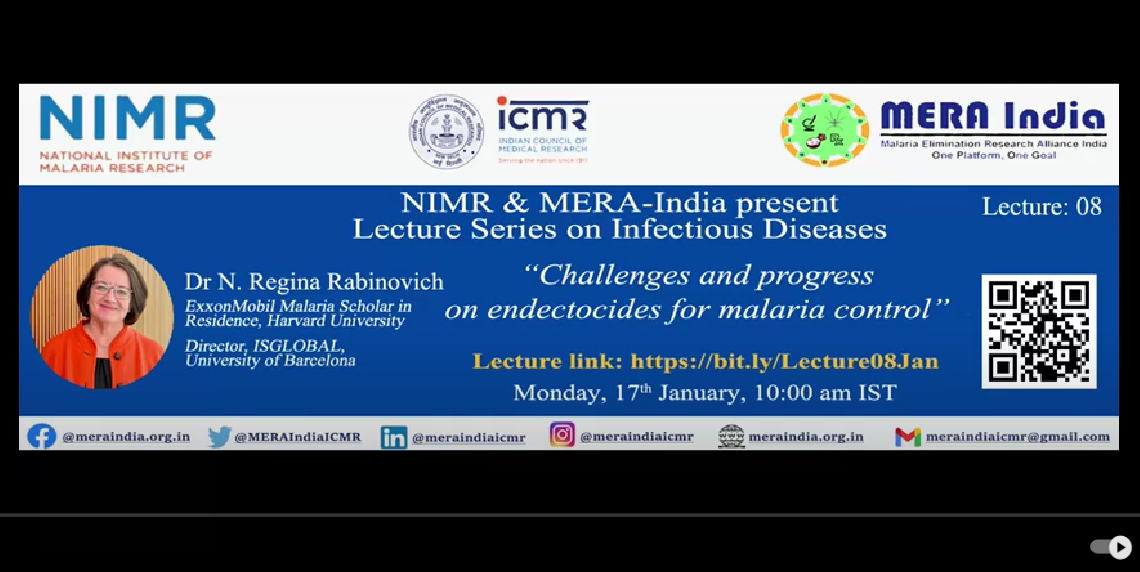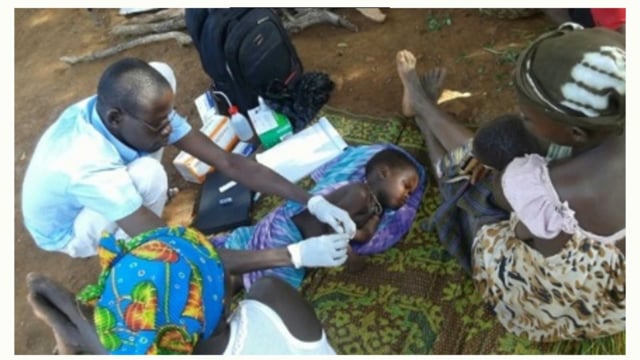Last Updated: 27/05/2025
Repeat Ivermectin Mass Drug Administrations for malaria control II (RIMDAMAL II): A double-blind cluster randomized trial for integrated control of malaria
Objectives
The hypothesis behind this project is that malaria control can be enhanced, and the spread of both insecticide resistance and antimalarial drug resistance can be curtailed if vector and parasite control efforts are linked using the endectocide ivermectin that can target both organisms with another layer of combination therapy to each.
Ivermectin is an antiparasitic drug that is safe and distributed to hundreds of millions of humans each year. It also efficiently kills malaria vectors that blood feed on treated people and strong evidence suggests it also has activity against the sporogonic and exoerythrocytic stages of Plasmodium.
The overall goal of this project is to conduct a cluster randomized clinical trial in Burkina Faso to test whether repeated ivermectin mass drug administrations, integrated into a monthly delivery platform with the standard malaria control measures of seasonal malaria chemoprevention and insecticide-treated bed net distribution in the Sahel, will reduce childhood malaria incidence and limit resistance in both mosquitoes and parasites.
Enhanced malaria control efforts since the turn of the century have resulted in notable reductions in malaria morbidity and mortality. This success has been driven by the widespread distribution of long-lasting insecticide-treated nets and targeted indoor residual spraying of insecticides to combat vectors as well as rapid diagnosing and treatment of malaria with artemisinin-based combination therapies, and chemoprevention programs for pregnant women and children. However, malaria control efforts are stagnating because programs targeting both the vector and the parasite are not well integrated, and the efficacy of both is severely threatened by the widespread resistance of vectors to currently-approved insecticides and spreading resistance of parasites to currently- approved drugs.
ClinicalTrials.gov Identifier: NCT03967054
| Study Type : | Interventional (Clinical Trial) |
| Estimated Enrollment : | 4700 participants |
| Allocation: | Randomized |
| Intervention Model: | Parallel Assignment |
| Intervention Model Description: | Parallel-assignment trial with two arms randomized in a 1:1 ratio. |
| Masking: | Quadruple (Participant, Care Provider, Investigator, Outcomes Assessor) |
| Masking Description: | The study pharmacist in charge of the drug stock room will originate the masking and maintain the masking from all other investigators. The masking codes will be written on three paper copies and put in identical and sealed opaque envelopes, which will be kept in three different areas. |
NIH Reporter - Project informationClinicaltrials.gov - Trial details
Aug 2018 — Jul 2023
$3.49M


